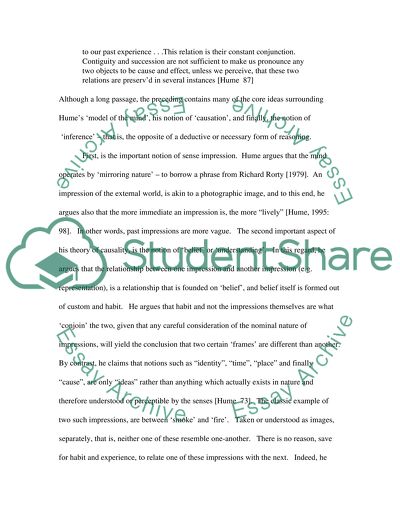Cite this document
(“Philosophy Essay Example | Topics and Well Written Essays - 1500 words - 1”, n.d.)
Retrieved from https://studentshare.org/environmental-studies/1419153-philosophy
Retrieved from https://studentshare.org/environmental-studies/1419153-philosophy
(Philosophy Essay Example | Topics and Well Written Essays - 1500 Words - 1)
https://studentshare.org/environmental-studies/1419153-philosophy.
https://studentshare.org/environmental-studies/1419153-philosophy.
“Philosophy Essay Example | Topics and Well Written Essays - 1500 Words - 1”, n.d. https://studentshare.org/environmental-studies/1419153-philosophy.


